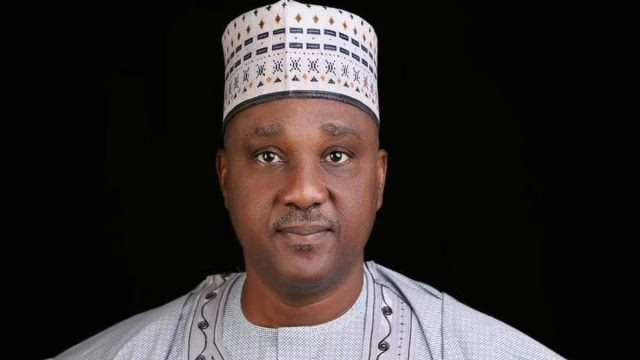Abbas Tajudeen, Speaker of the House of Representatives, has emphasized that the National Assembly supports President Bola Tinubu’s borrowing strategy, recognizing debt as a valid mechanism to fund infrastructure projects and promote sustainable economic development.
Addressing attendees in Abuja during the 8th Annual African Network of Parliamentary Budget Offices (AN-PBO) Conference-hosted collaboratively by the National Assembly and the National Assembly Budget and Research Office-Tajudeen refuted claims suggesting that lawmakers are uneasy with the current administration’s approach to debt management.
This statement was issued in response to media reports that misinterpreted comments made at the 11th Annual Conference of the West Africa Association of Public Accounts Committees, where Nigeria’s debt-to-GDP ratio was noted at 52 percent, exceeding the statutory limit of 40 percent.
“The remarks made by the House Leader at the West Africa Parliamentary Conference were taken out of context, leading to the false narrative that the House opposes President Tinubu’s borrowing plan. This portrayal is both incorrect and misleading,” Tajudeen clarified.
RELATED: ‘When they sense I’m about to give up, they let me go outside to die’ – Kanu
He further explained that borrowing, when executed responsibly, is a widely accepted fiscal practice worldwide. The President has assured the legislature that any new debt will comply with Nigeria’s medium-term debt strategy and international best practices, with funds earmarked for critical sectors including energy, transportation, and agriculture.
“The House fully endorses the President’s vision of leveraging prudent borrowing to drive development and reduce poverty, while enhancing parliamentary oversight mechanisms,” he affirmed.
Highlighting Nigeria’s economic challenges, Tajudeen revealed that the nation loses approximately $18 billion annually-equivalent to about 3.8 percent of GDP-due to financial crimes. He also pointed out that illicit financial flows and inefficiencies across Africa total $587 billion, emphasizing that addressing these issues could unlock resources vital for improving education, healthcare, and infrastructure.
Moreover, the Speaker underscored Nigeria’s pivotal role in Africa, noting the continent’s population has reached 1.4 billion, representing one-sixth of the global population. Despite Nigeria’s GDP reaching $477 billion in 2022, he cautioned that ongoing poverty, elevated youth unemployment, and insufficient job creation threaten regional stability if not urgently addressed.

















